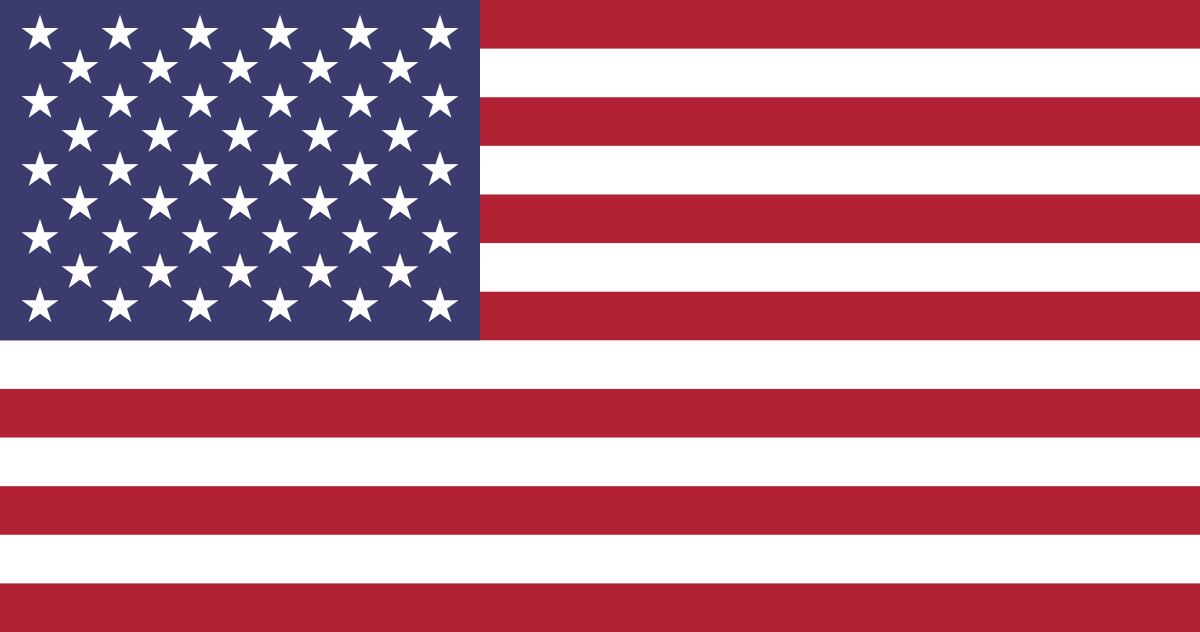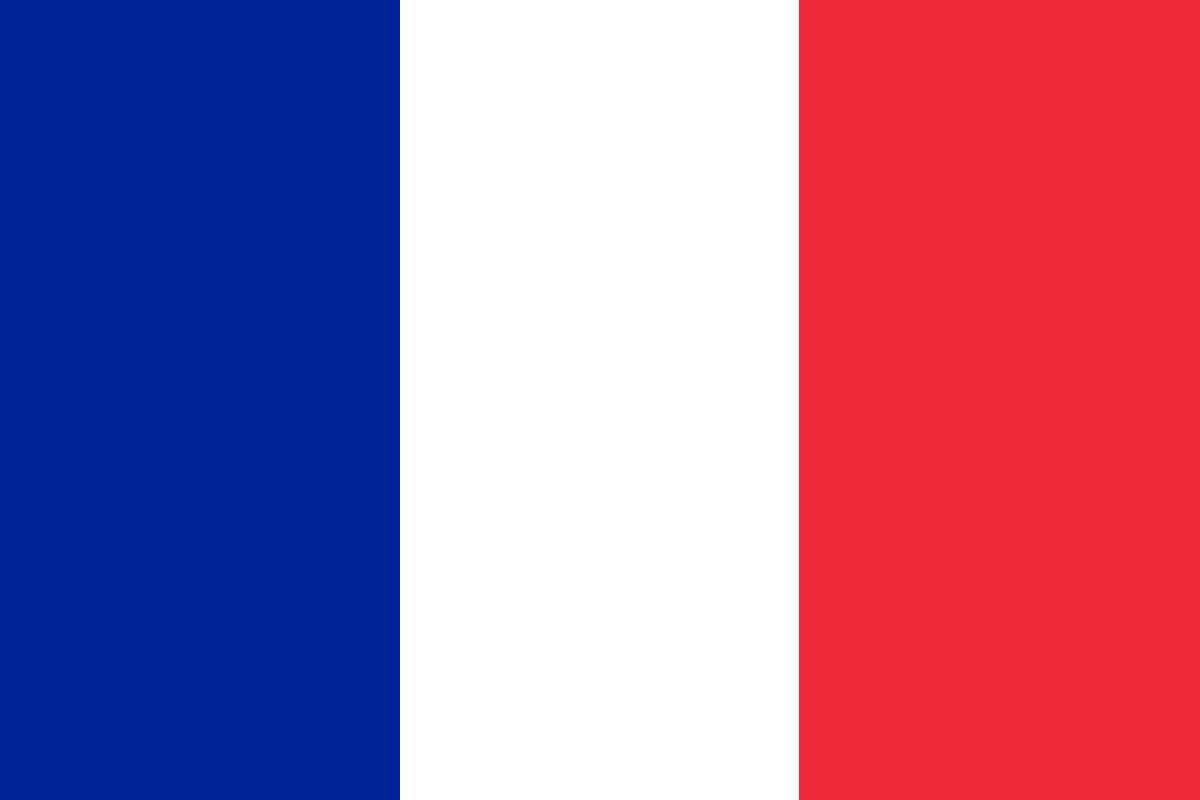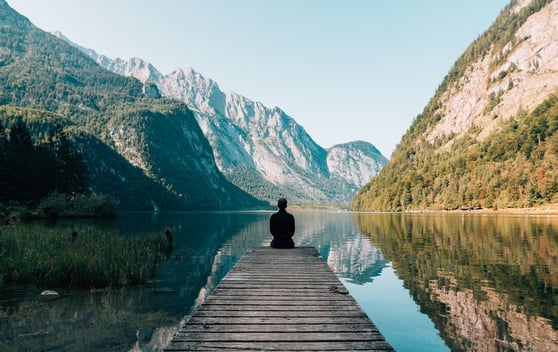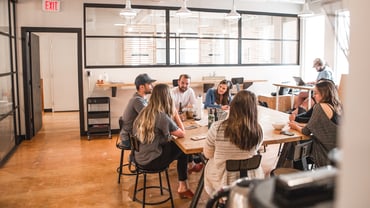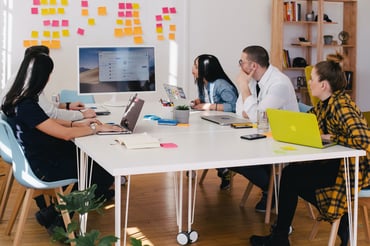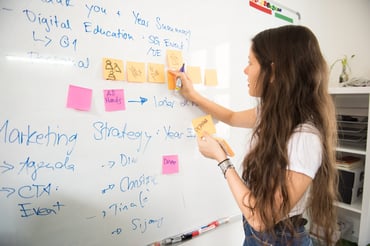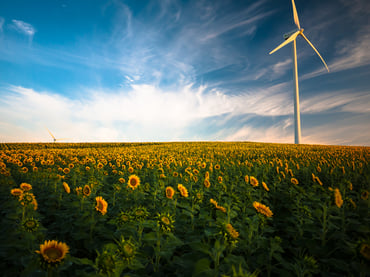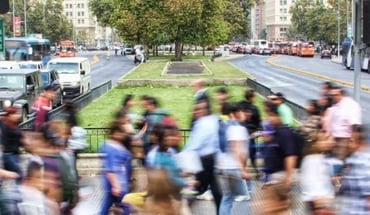Sustainability is an integral part of the corporate strategy of the Wilo Group, one of the world's leading premium suppliers of pumps and pump systems for building services, water management, and industry. The products, systems, and solutions of the technology specialist from Dortmund help to supply people with water in a smart, efficient, and climate-friendly way. In this interview, Sven Grave, Head of Innovation at Wilo, shares more about current and future activities in the area of sustainability.
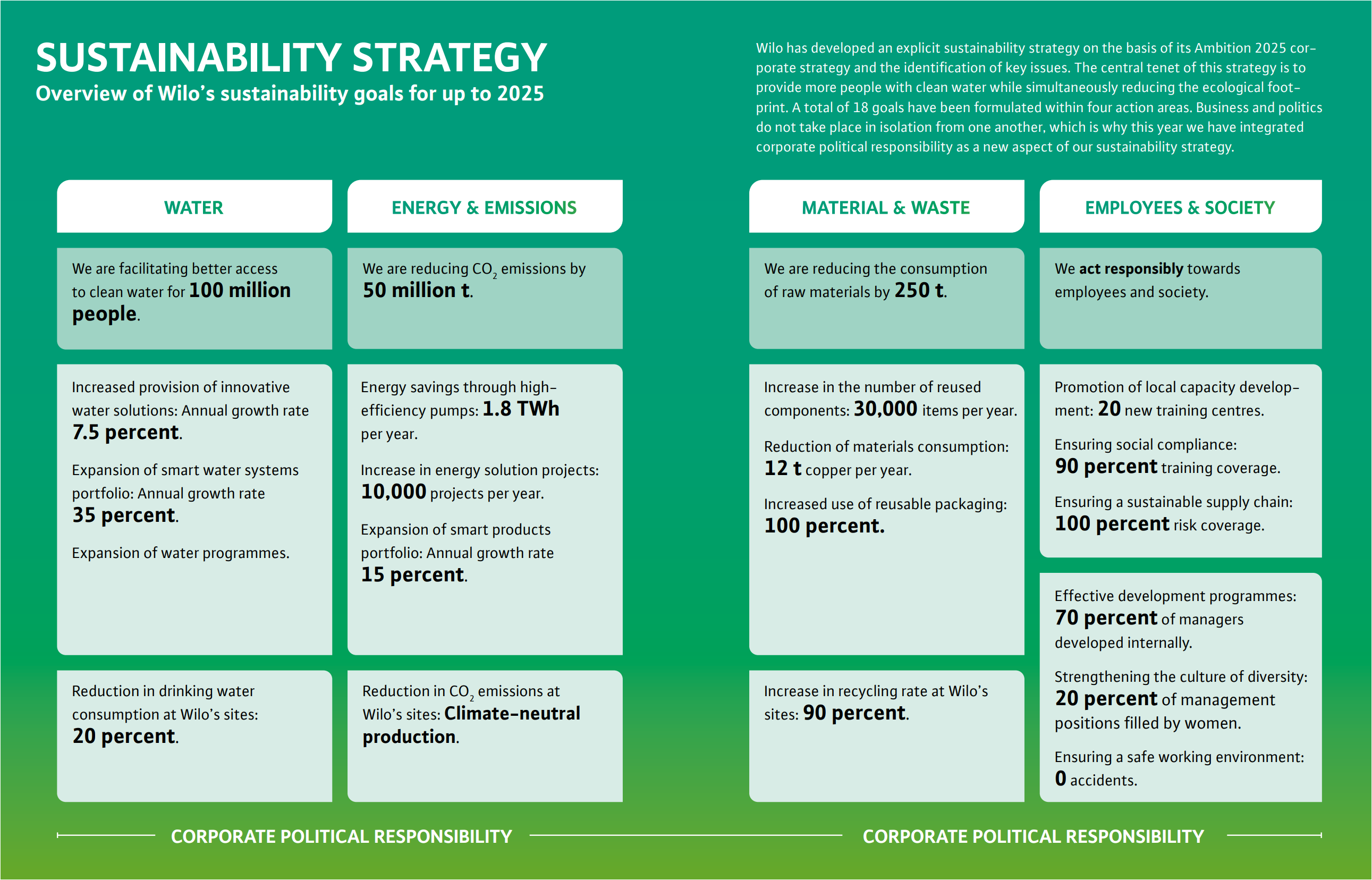
Sven, could you start by telling us about Wilo's commitment to sustainability?
"Wilo has developed a holistic sustainability strategy based on its corporate strategy. In essence, we are focusing on four fields of action - water, energy & emissions, materials & waste, employees & society - and have formulated 18 targets for these, which are being implemented throughout the Wilo world. For example, we want to give 100 million people better access to clean water by 2025. Another goal is to save 50 million tons of CO2 to reduce emissions."
In 2021, you launched the Wilo Sustainability Challenge, a company-wide campaign on the topic of sustainability. What was the driving force behind it?
"In 2021, we won the German Sustainability Award in the 'Climate' category. That was a great honor for us, of course. It was clear to us that we had to capitalize on this momentum. In addition, such a prestigious award also means a responsibility that, as climate protection pioneers, we wanted to fulfill. We saw this as a mandate to further reinforce our ambitions in the area of sustainability - and to do so internally. We asked ourselves how we can roll out the topic even further within the company and ensure that our employees worldwide internalize the importance of the topic even more - so that everyone in the company actually wants to act sustainably."
So it was primarily a matter of changing the mindset of the employees?
"That's right, it was about cultural change - about taking the organization to the next level from a prescribed culture to a lived culture of sustainability. We did not want to just explain sustainability to employees, but let them participate in it, with their own ideas! It quickly became clear that we were going to run a campaign - big, really big! Every day from 9 to 10 a.m., we would offer a session on sustainability. Every one of the 8,000 Wilo employees worldwide would be invited to attend and contribute their own ideas.
What happened next? How did you get the high-profile speakers? That must have been a challenge...
"It was! Until we started the campaign, I didn't have any contact with speakers from the sustainability field. Luckily, I know people who know people! Sandra Fernholz from HYPE and our sustainability professionals recommended fantastic speakers to me. We were able to get Dr. Raghunath Anant Mashelkar, for example, an internationally renowned expert from India, or Dr. Dorothea Ernst, who is considered an authority on sustainability in Germany. The result was a high-caliber lineup with speakers who had a real message. This quickly went viral across the company..."
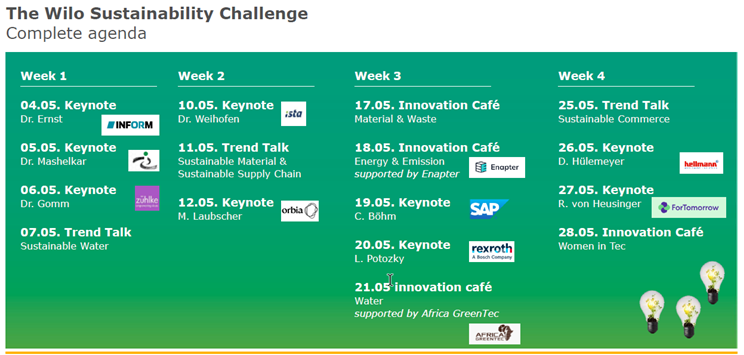 Fig. 2: Wilo campaign agenda
Fig. 2: Wilo campaign agenda
Was it that easy to get Wilo employees excited about your campaign? What did the program look like, which topics did you address?
"When you start a campaign, no matter how small or large, you always take a risk. Colleagues accept the topic and collaborate - or they don't. But in this case, we were very confident that we would get an enthusiastic response. And I don't think this is anything specific to Wilo. The subject of sustainability is important to people. I believe that if you were to carry out the same campaign in another company, you'd see similar success. However, it certainly was to our advantage that innovation events and campaigns were established in our company many years ago. Wilo people know what it is about, generally, and that they can expect results. In addition, it was clear: 1 hour per day is something everyone can spare, and the topic obviously also means a welcome variation of task. The home office situation, forced upon us by the pandemic, was another element - for us, it was definitely beneficial. But again, that's only a minor aspect. It's much more important to offer a relevant topic."
What did the program look like, what topics did you address?
"The campaign ran from May 3 to May 28, 2021, and was based on Wilo's 4 sustainability pillars: Water, energy & emissions, materials & waste, employees & society. Each week, one pillar was addressed. Theme 1 was about water supply, e.g., for people in cities. Theme 2 was 'efficiency', i.e., using less electricity and reducing CO2 emissions. Waste reduction and packaging was the focus of Topic 3. And last, but not least, we also highlighted the 'People' pillar, specifically the topic 'Women in Tech'."
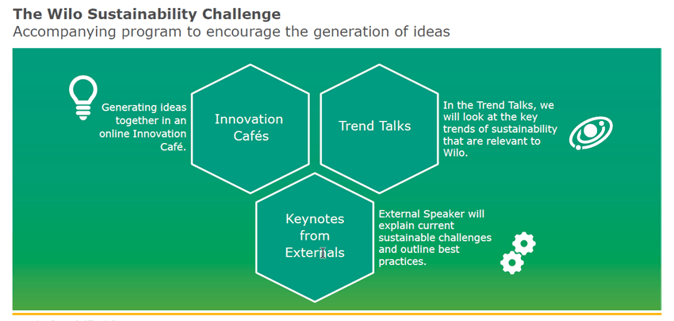
Abb. 3: Trend Talks, Keynotes, Innovation Cafés – the pillars of the innovation campaign
Did you offer dedicated formats for these key topics? Which actions did you plan specifically?
"Yes, we offered a total of 3 formats over the 4 weeks: Trend Talks, Keynotes, and Innovation Cafés. In the Trend Talks, we highlighted individual trends that are relevant for Wilo on the basis of the 4 pillars of our sustainability strategy. For example, we presented individual sustainable products and technologies - as inspiration, but also to update our colleagues and show them what's already out there, what's currently happening, and what is possible. Our external experts and speakers supported the campaign with matching keynote presentations and presented current challenges in the field of sustainability as well as solutions ready for implementation. In the Innovation Cafés, our participants were then able to form teams and develop their ideas together in small groups. For this purpose, we also invited partners with whom we already cooperate, such as Africa GreenTec or Enapter. For our German engineers, it was very exciting to talk to their colleagues in Ethiopia or India during the international campaign - that was teamwork on an entirely new level...."
How exciting! What kind of ideas did you want to generate through the campaign?
"That takes a bit of elaboration. Companies like ours that focus on sustainability-oriented innovation — I'm using a model by Prof. Dr. John Bessant here — generally operate on the basis of 3 distinct phases: Operational Optimization, Organizational Transformation, and Systems Building.
In phase 1, operational optimization, being sustainable means meeting the applicable standards and regulations or being cost-efficient. In phase 2, organizational transformation, sustainability acts as a business driver for the company, it sees opportunities to generate new business areas as a result. Phase 3, systems building, takes this even further: Here, we form networks, for example, to promote the circular economy and cooperate with suitably positioned partners such as waste recyclers. At Wilo, it originally looked something like this: At Phase 1, we are extremely good, this is our bread and butter business, we develop products for water supply, etc. Regarding phase 2, organizational transformation, and phase 3, sustainability networks, we are not yet at the same level. My pitch was: How do we make it from phase 2 to phase 3? How do we generate valuable ideas for this area? That was the mission!"
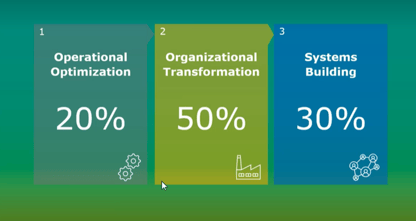
Fig. 4: Submitted ideas at Wilo per phase of sustainability-oriented innovation
Okay, understood. How did you select the winning ideas?
"We evaluated all ideas and created a top 10 list. Relevant criteria included the degree of innovation and impact of an idea, and how much it contributes to our Wilo sustainability goals. The executive board then selected 5 of those 10 ideas. These 5 exciting ideas were pitched in a live show: Each employee was given 3 minutes to pitch their idea. The winners were chosen by the audience live during the show — i.e., by the crowd, the Wilo employees."
Can you tell us more about the winning ideas? Were your favorites among them...?
"My favorite ideas came in third and fourth place, and the latter, I can reveal, will become a technology project. Unfortunately, I cannot share more about the ideas on first and second place — they both fall into phase 3, the systems building area — because we have entered into strategic partnerships with fairly strict non-disclosure agreements. The idea that made the third place is really exciting, it was submitted from a colleague from our office in Ethiopia: She is committed to the issue of empowerment — and tries to inspire women in Africa to take up technical professions. So this is purely about enabling local people, it's not about business. However, this step is key for developing the African market in the first place."
I'm sure the board was happy with how everything went... did they get involved in the campaign?
"Yes, absolutely, the board participated in the sessions actively, joined the live streams and also asked questions — and not because they were asked to do so, but out of genuine interest. And yes, they were really happy with the campaign, for three reasons. First, of course, because of the great ideas that can be implemented and shown — in other words, for very practical reasons. And they were also very enthusiastic about the feedback from the employees, who said and wrote: "I'm glad that we're doing this campaign." Or: "I am proud to work for Wilo..." The overall tenor was very positive. From these statements they realized that the cultural change we had hoped for had actually happened — we were able to engage our employees and inspire them to tackle their own sustainability initiatives."
Wow, mission accomplished, isn't it? The campaign obviously hit the jackpot...
"That's fair to say, yes. The conversations we have had since then and the initiatives that have resulted from the campaign have also been very exciting. A great example: Our campaign ran from May to June 2021. In September, a colleague from India called me and told me that, following an impetus from the campaign, he and his local team had completely digitized a process that saves 22,000 sheets of paper per year! People simply realized that it didn't make sense that way. And it's not just an increase in efficiency but, above all, an increase in quality — customer service quality has been increased as the process is now available digitally, i.e., on demand."
That really shows the lasting impact of your campaign. What are your goals for the future? Wilo has already received various sustainability awards for their commitment...
"Well, that was the driving question for our campaign: We basically achieved everything — how do we continue? Our commitment to sustainability has nothing to do with regulations, but with what we believe in as a company. Let's just assume that sustainability were no longer a public priority in 10 years' time - for us at Wilo, it would still be relevant. It is part of our DNA. Thanks to the campaign, we've been able to show a lot of new potential for how to move forward."
Yes, Wilo provides an impressive example. What do you say to the frequently voiced argument that sustainability mainly costs money and doesn't offer business in return?
"If you look at sustainability purely from this point of view — I have to comply with new legislation here and regulation there — then it only costs money, yes. But we see the topic entirely differently, sustainability has enormous business potential and is a huge economic opportunity!"
We'd also like to know: Has the campaign changed anything for you personally?
"Yes, I wasn't involved that much with the topic before, but the initiative has indeed moved something for me personally as well. Since we ran the campaign, for example, the number of vegetarian meals and reusable packaging has increased significantly at home. You learn what a difference you can make and how easy it is to contribute to sustainable action!"
Thank you very much for your time, Sven, and all the best for your mission!
Do you have questions about sustainability or would you like to start a campaign like Wilo's yourself? Sandra Fernholz, our Head of Social Impact and Sustainability at HYPE, is happy to help and advise you whenever you are ready. Just send her an email at Sandra.Fernholz@hypeinnovation.com. You can find more information about sustainability on our HYPE website: Solutions for Sustainability
